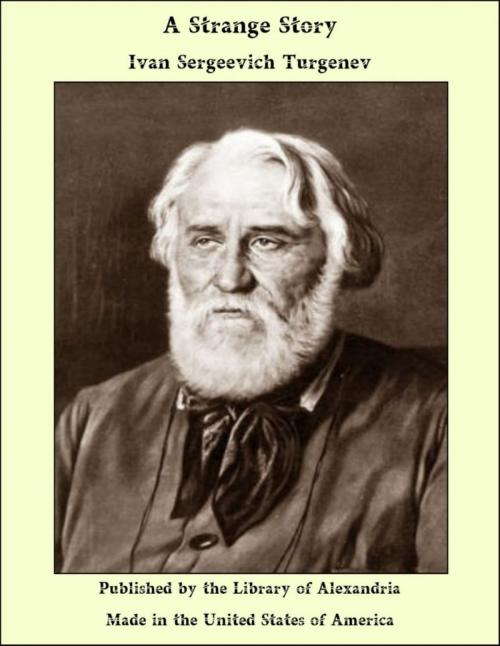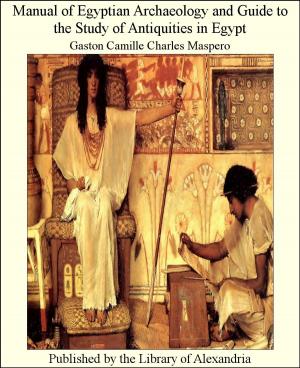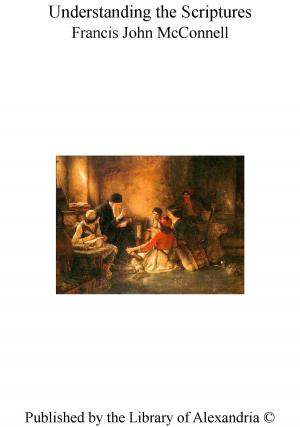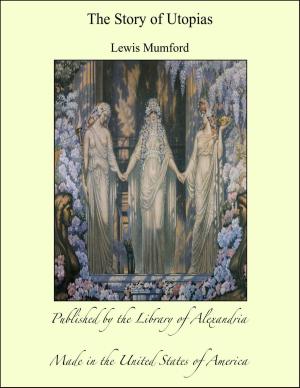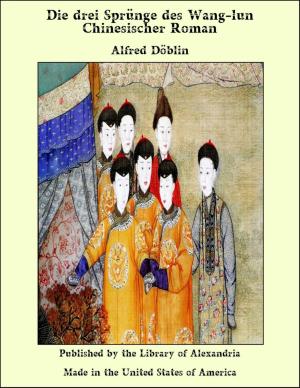| Author: | Ivan Sergeevich Turgenev | ISBN: | 9781465589668 |
| Publisher: | Library Of Alexandria | Publication: | July 29, 2009 |
| Imprint: | Language: | English |
| Author: | Ivan Sergeevich Turgenev |
| ISBN: | 9781465589668 |
| Publisher: | Library Of Alexandria |
| Publication: | July 29, 2009 |
| Imprint: | |
| Language: | English |
FIFTEEN years ago—began H.—official duties compelled me to spend a few days in the principal town of the province of T——. I stopped at a very fair hotel, which had been established six months before my arrival by a Jewish tailor, who had grown rich. I am told that it did not flourish long, which is often the case with us; but I found it still in its full splendour: the new furniture emitted cracks like pistol-shots at night; the bed-linen, table-cloths, and napkins smelt of soap, and the painted floors reeked of olive oil, which, however, in the opinion of the waiter, an exceedingly elegant but not very clean individual, tended to prevent the spread of insects. This waiter, a former valet of Prince G.’s, was conspicuous for his free-and-easy manners and his self-assurance. He invariably wore a second-hand frockcoat and slippers trodden down at heel, carried a table-napkin under his arm, and had a multitude of pimples on his cheeks. With a free sweeping movement of his moist hands he gave utterance to brief but pregnant observations. He showed a patronising interest in me, as a person capable of appreciating his culture and knowledge of the world; but he regarded his own lot in life with a rather disillusioned eye. “No doubt about it,” he said to me one day; “ours is a poor sort of position nowadays. May be sent flying any day!” His name was Ardalion. I had to make a few visits to official persons in the town. Ardalion procured me a coach and groom, both alike shabby and loose in the joints; but the groom wore livery, the carriage was adorned with an heraldic crest. After making all my official calls, I drove to see a country gentleman, an old friend of my father’s, who had been a long time settled in the town… . I had not met him for twenty years; he had had time to get married, to bring up a good-sized family, to be left a widower and to make his fortune. His business was with government monopolies, that is to say, he lent contractors for monopolies loans at heavy interest… . “There is always honour in risk,” they say, though indeed the risk was small.
FIFTEEN years ago—began H.—official duties compelled me to spend a few days in the principal town of the province of T——. I stopped at a very fair hotel, which had been established six months before my arrival by a Jewish tailor, who had grown rich. I am told that it did not flourish long, which is often the case with us; but I found it still in its full splendour: the new furniture emitted cracks like pistol-shots at night; the bed-linen, table-cloths, and napkins smelt of soap, and the painted floors reeked of olive oil, which, however, in the opinion of the waiter, an exceedingly elegant but not very clean individual, tended to prevent the spread of insects. This waiter, a former valet of Prince G.’s, was conspicuous for his free-and-easy manners and his self-assurance. He invariably wore a second-hand frockcoat and slippers trodden down at heel, carried a table-napkin under his arm, and had a multitude of pimples on his cheeks. With a free sweeping movement of his moist hands he gave utterance to brief but pregnant observations. He showed a patronising interest in me, as a person capable of appreciating his culture and knowledge of the world; but he regarded his own lot in life with a rather disillusioned eye. “No doubt about it,” he said to me one day; “ours is a poor sort of position nowadays. May be sent flying any day!” His name was Ardalion. I had to make a few visits to official persons in the town. Ardalion procured me a coach and groom, both alike shabby and loose in the joints; but the groom wore livery, the carriage was adorned with an heraldic crest. After making all my official calls, I drove to see a country gentleman, an old friend of my father’s, who had been a long time settled in the town… . I had not met him for twenty years; he had had time to get married, to bring up a good-sized family, to be left a widower and to make his fortune. His business was with government monopolies, that is to say, he lent contractors for monopolies loans at heavy interest… . “There is always honour in risk,” they say, though indeed the risk was small.
